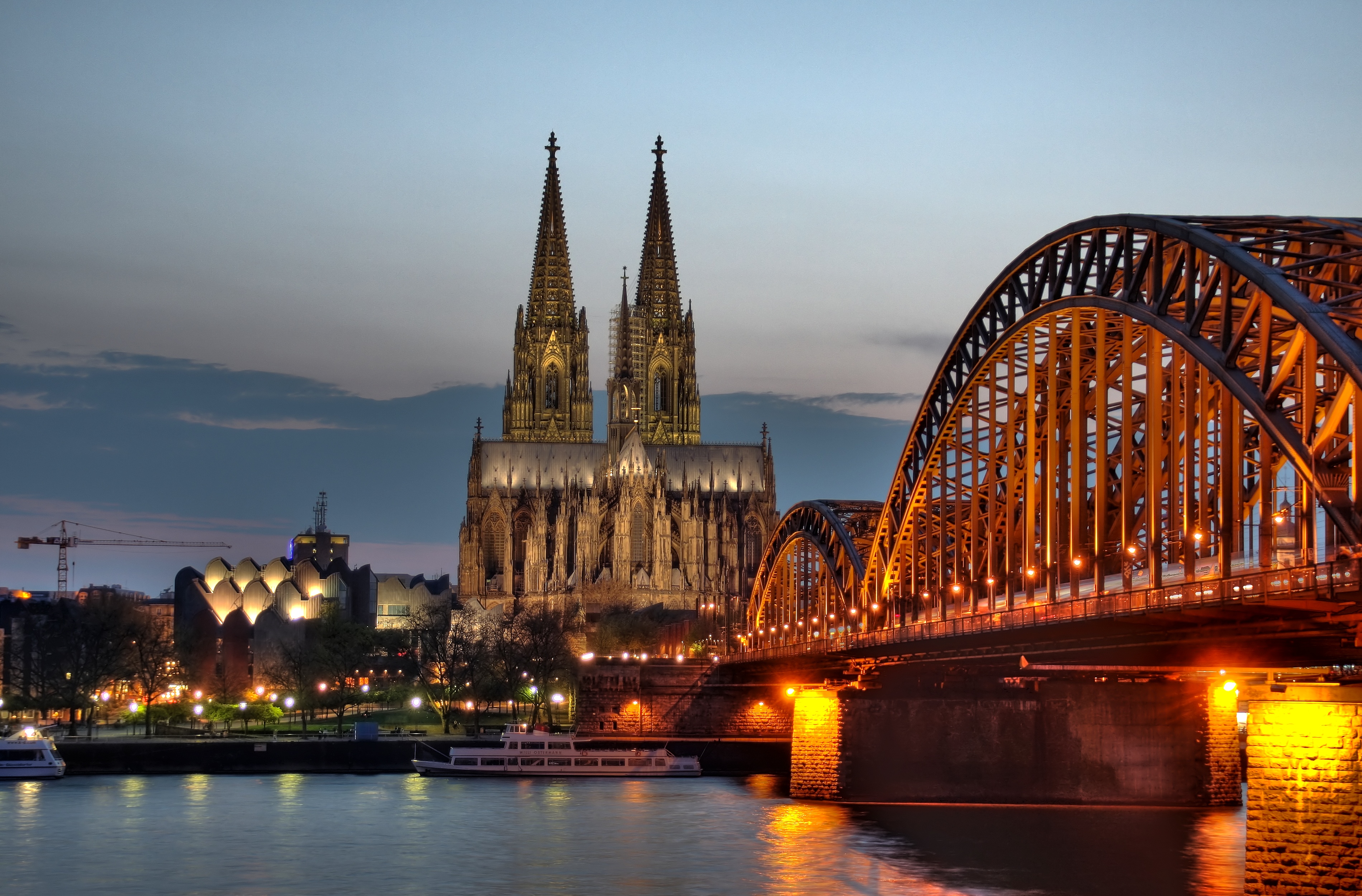In a new survey on Germans’ religious views and practices conducted by the Allensbach institute, a clear majority of respondents conceptualises of their country as a quintessentially Christian one.
Growing emphasis on a Christian heritage
63 per cent assert that Germany is “strongly marked by Christiantiy and Christian values” – a mere five years ago, only 48 per cent had defined the country’s national identity in this manner.
What is more, 56 per cent state that Germany “should showcase clearly in public that it is a Christian country.” Concomitantly, 85 per cent of respondents reject the suggestion that a Christian public holiday could be replaced with a Muslim one in order to take into account growing religious diversity.1 The idea of introducing an Islamic holiday had recently been the subject of a heated public debate.
Declining levels of orthodoxy and orthopraxy
At the same time, Germans’ levels of religious observance continue to plummet. The number of Germans not adhering to either Roman Catholicism or Lutheran Protestantism – for centuries the dominant religious confessions in the country – keeps rising. And even of those Germans who are still members of a Church, only 32 per cent attend a church service “every now and then”.
This builds upon a trend that successive Allensbach surveys on religion and religiosity have sketched since their first instalment in 1986. In this first survey, 56 per cent of West Germans assented to the statement that Jesus Christ is the son of God. And 47 per cent believed that “God has created the world.” By now, these figures stand at 41 and 33 per cent of West Germans, respectively.2
Resilient and rising levels of ‘spirituality’
Yet while over the past 31 years Germans’ belief in central Christian dogmas and tenets of faith has declined strongly, their faith in a “supernatural power” has remained constant at just under 50 per cent.
And while only 22 per cent of Germans claimed to believe in the existence of angels in 1986, this share of the population has since risen to 30 per cent. Even more impressive is Germans apparently growing willingness to believe in miracles: while in 1986 33 per cent of respondents claimed to do so, this figure now stands at 51 per cent.3
Christian identity against Muslim threat
Thus, two developments stand out from the survey: first of all, it furnishes further evidence for scholarly arguments that the clear-cut adherence to Christian orthodoxy and orthopraxy has been replaced by an often diffuse sense of Christian spirituality. Significantly enough, these spiritual elements are increasingly becoming powerful carriers of collective identity.
And this leads directly on to a second key lesson to be drawn from the survey results: this collective and culturally Christian identity is constructed in opposition to Islam. Many Germans see Islam as a threat and as an ideology seeking to subvert the country’s institutions and identity. Hence, they take refuge in more or less superficial celebrations of a Christian cultural heritage to buttress their sense of national belonging.4
Religions’ ‘identitarian’ revival
Intriguingly, the same dynamic of a decline in religious orthodoxy and orthopraxy, coupled with a re-emphasis of identitarian dimensions of religio-cultural heritage is playing out on the Muslim side of the supposed religious divide.
In a recent book, German religious scholar Michael Blume drew the picture of Islam as a religion in crisis – marked by the loss of adherents, the decline of belief in central dogmas, and the increased disenchantment even of those who remain formally committed to central Islamic tenets. What the picture of ‘crisis’ does not fully capture, however, are the manifold ways in which religious elements have come to be reconfigured as core carriers of identity in a changing world.
Sources
http://www.faz.net/aktuell/politik/inland/christentum-wird-den-deutschen-immer-wichtiger-15350350.html ↩
https://www.welt.de/kultur/article171757288/Religions-Umfrage-Deutsche-glauben-mehr-an-Wunder-als-an-Jesus.html ↩
http://www.faz.net/aktuell/politik/inland/christentum-wird-den-deutschen-immer-wichtiger-15350350.html ↩
http://www.deutschlandfunk.de/demoskopie-hauptsache-nicht-islamisch-das-ist-christlich.886.de.html?dram:article_id=406504 ↩






